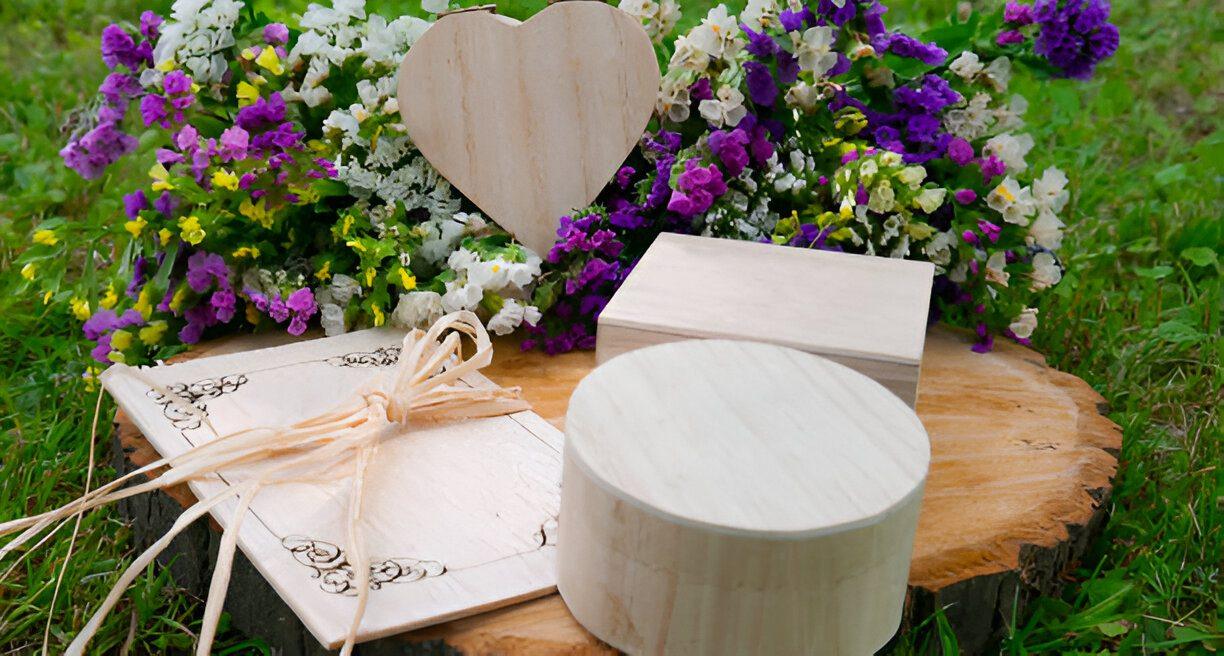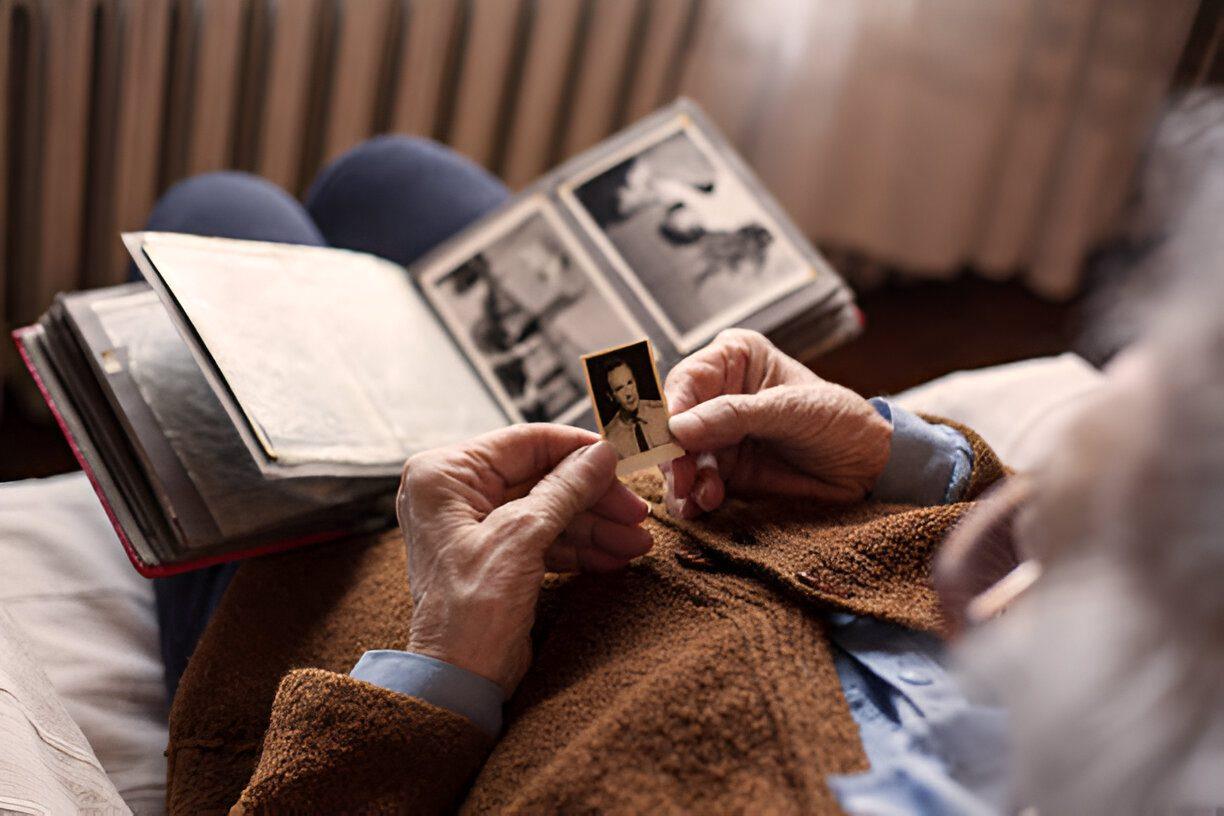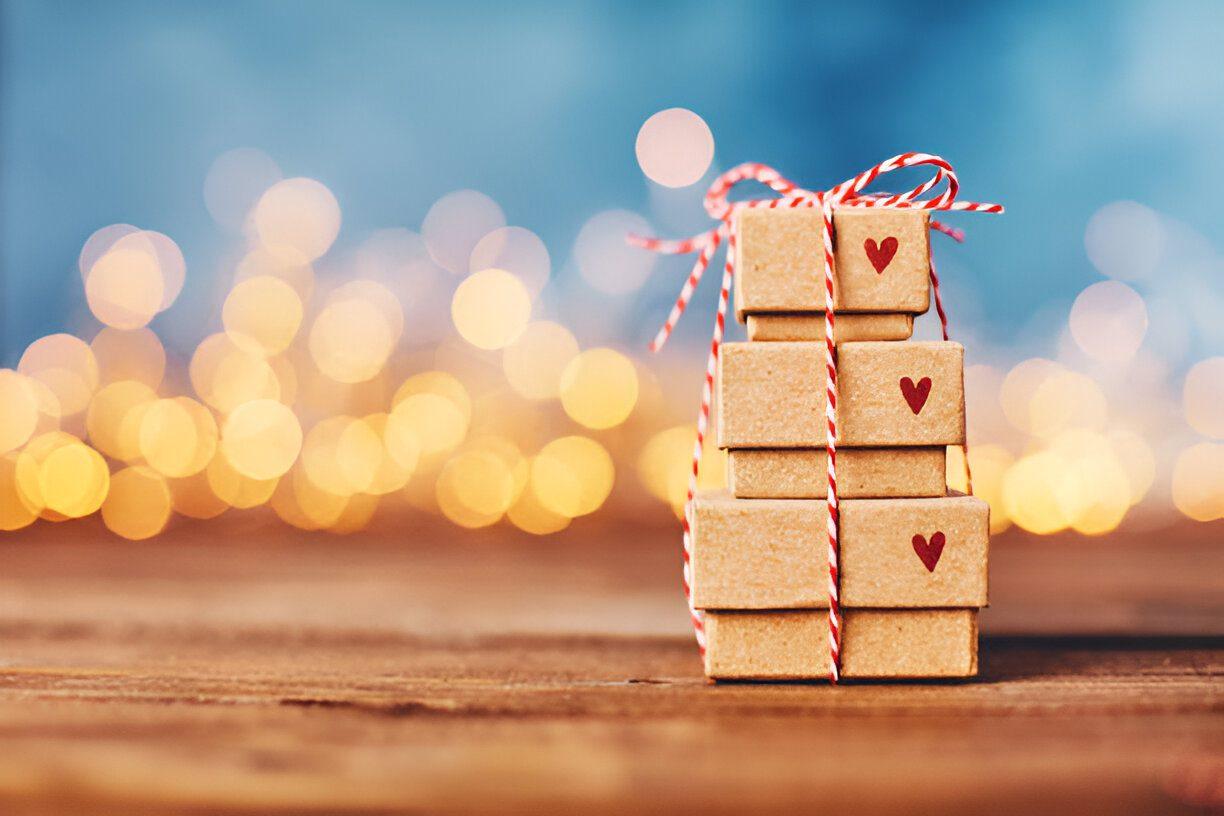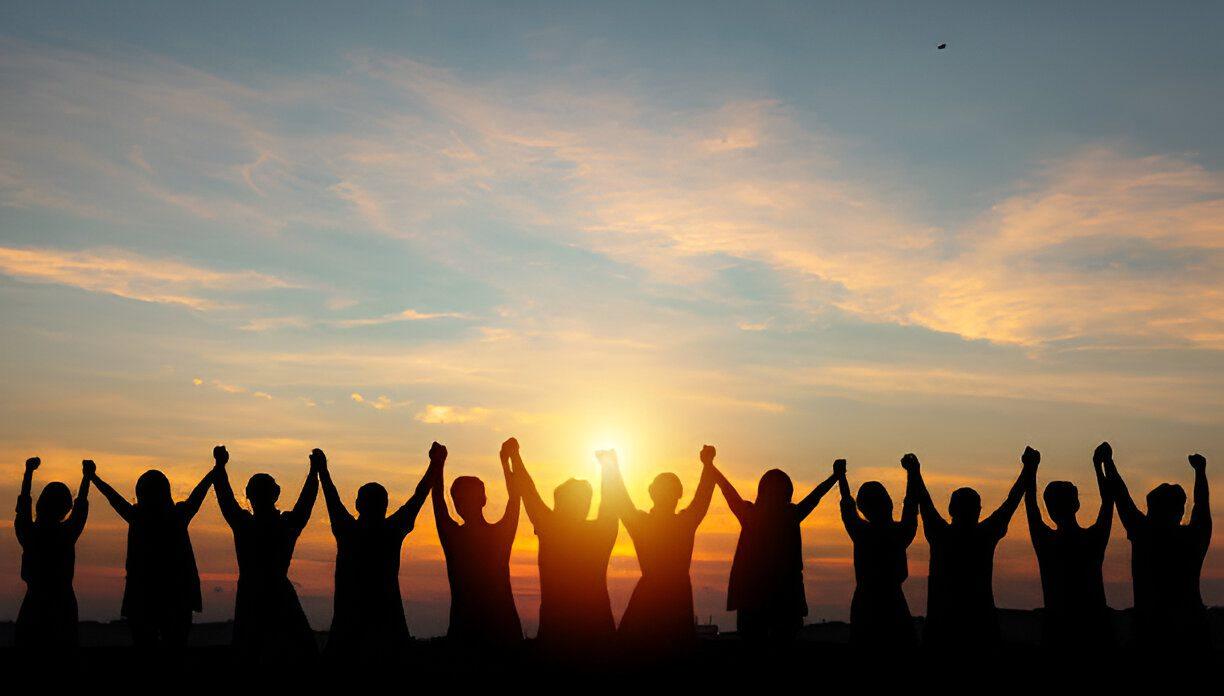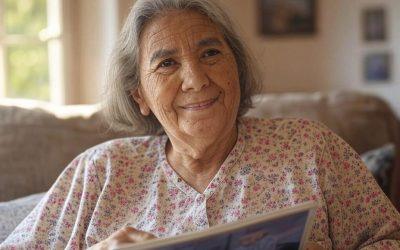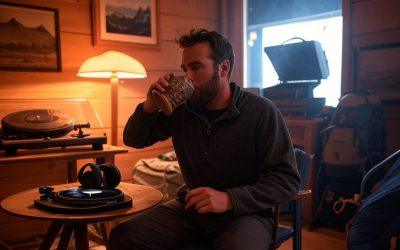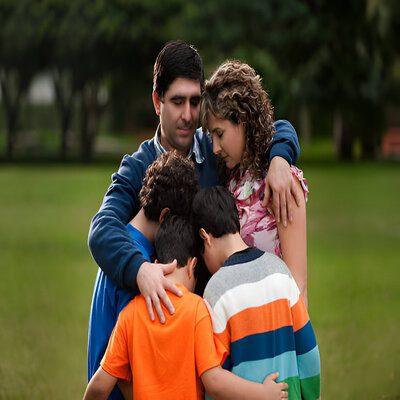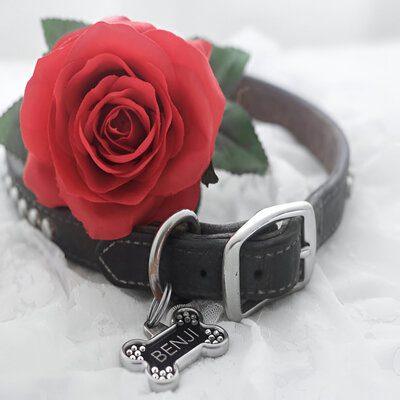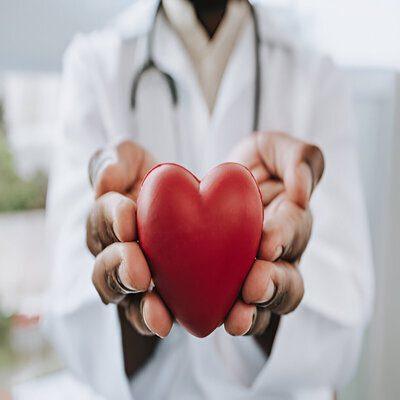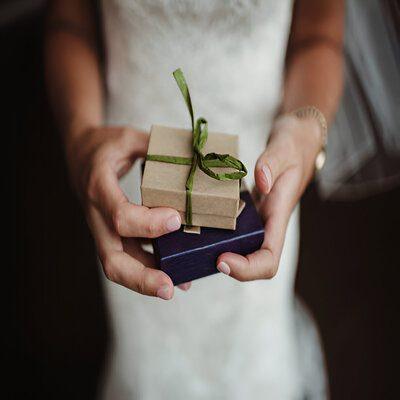When The Heart Mourns Before The Loss
When Melissa lost her childhood best friend to a falling out, she was devastated. The pain was sharp, the memories relentless. Yet, when she shared her sorrow, she was met with dismissive comments: “You’ll make new friends.” “At least she didn’t die.” “It’s just a friendship, not family.”
Melissa’s grief was real, but because society did not recognize it as a “valid” loss, she had no space to mourn. She felt isolated, ashamed for feeling so deeply about something others dismissed. This is the essence of disenfranchised grief—mourning that is unrecognized, unsupported, or even invalidated.
“I couldn’t stop crying over losing my pet, but everyone around me acted like it was trivial. That only made my grief more painful.”
When Society Doesn’t Acknowledge Your Loss
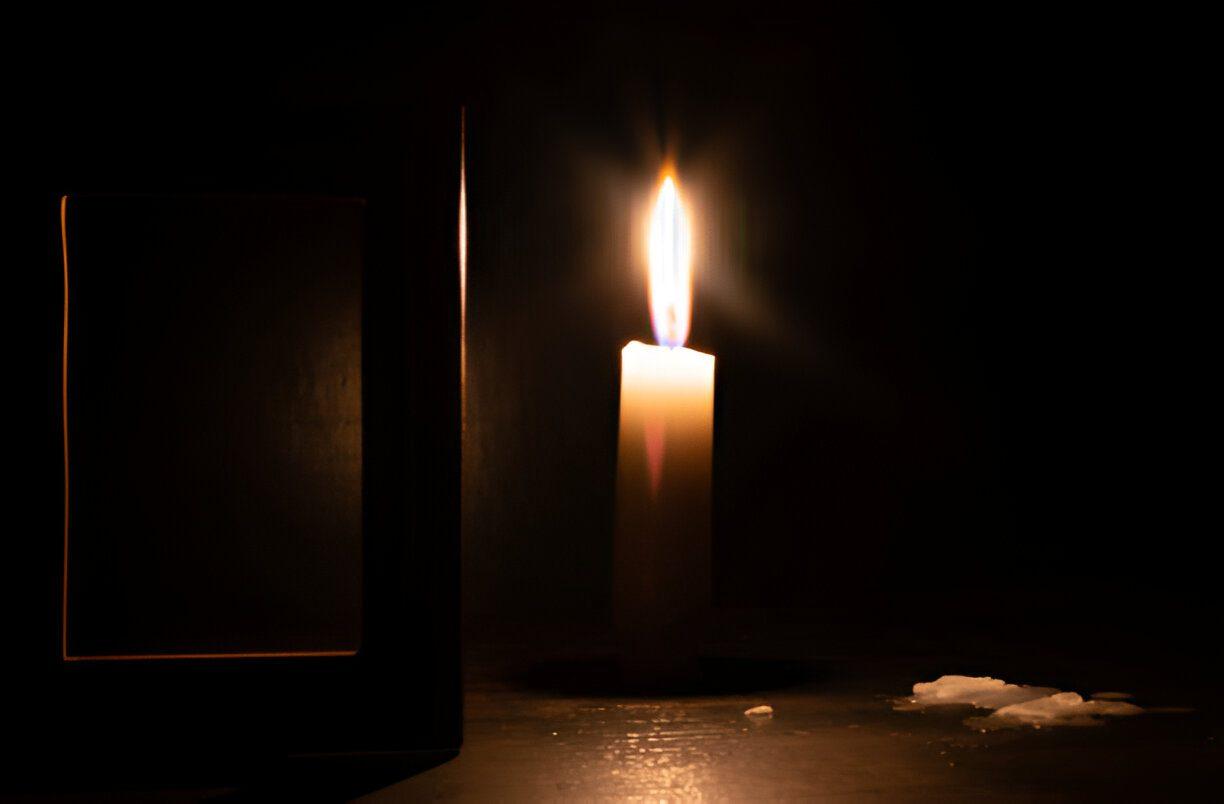
Understanding Disenfranchised Grief
Coined by grief researcher Kenneth Doka, disenfranchised grief refers to losses that are not socially acknowledged or publicly mourned. While grief is universal, society tends to validate only certain losses—such as the death of a spouse or parent—while overlooking or dismissing others.
This lack of recognition can make the grieving process more painful. People experiencing disenfranchised grief may feel:
✔️ Isolated – Lacking communal or social support.
✔️ Invalidated – Told that their loss “shouldn’t” hurt so much.
✔️ Ashamed – Feeling guilty for mourning something others see as insignificant.
✔️ Stuck – Unable to process grief due to no recognized outlet for expression.
Common Forms of Disenfranchised Grief
The Loss of a Pet
🐾 Society often minimizes pet loss, but for many, pets are family. Hearing “It was just an animal” neglects the genuine bond and sorrow.
Pregnancy Loss (Miscarriage & Stillbirth)
🤰🏽 Parents grieving a miscarriage or stillbirth face silence or dismissal, like “You can try again,” which undermines the emotional and physical toll of losing a child before birth.
The Death of an Ex-Partner
💔 Even after a relationship ends, the emotional ties can linger. The person’s death may trigger deep grief, but outsiders may dismiss it with “You broke up ages ago.”
The End of a Friendship
🫂 Society prioritizes romantic or familial bonds, ignoring that a lost friendship can be as painful. A sudden rift or slow fade can both leave lasting heartbreak.
Estrangement from Family Members
🚪 Cutting ties with a parent, sibling, or child—whether by choice or conflict—brings grief for the relationship that “should have been.” Yet, because the family member is still alive, society often disregards this loss.
Loss of Identity, Job, or Career
📉 Jobs are more than paychecks—they’re part of identity. Losing a job or facing forced retirement can cause grief society treats as merely financial.
Death of a Public Figure or Online Connection
📰 Mourning a celebrity or online friend is often trivialized. But these “parasocial” relationships can offer real comfort or inspiration, making their loss deeply felt.
Grieving a Dream or Life Path That Didn’t Happen
💭 Infertility, unachieved goals, or aging out of certain dreams can be acutely painful. Society may say “That’s life,” ignoring the genuine mourning of what might have been.
Why Disenfranchised Grief Is So Difficult
Because disenfranchised grief lacks public recognition, individuals often experience:
🔹 No Space to Mourn – Without social acknowledgment, people doubt their right to grieve.
🔹 Loneliness – Friends and family may not comprehend or offer support, increasing isolation.
🔹 Prolonged Grief – Without validation, sorrow can linger or even intensify over time.
🔹 Shame and Guilt – Feeling ashamed for mourning a loss others deem “unimportant.”
“Grief is not limited to death; it’s any moment the heart aches for what once was.” — Camille S.
How to Support Someone Experiencing Disenfranchised Grief
✔️ Acknowledge Their Pain
Even a simple “I’m sorry for your loss” can provide validation.
✔️ Listen Without Judgment
Let them speak about their grief. Avoid trying to “fix” it or diminishing their feelings.
✔️ Encourage Professional Help
If grief is prolonged or impairing, suggest therapy or counseling.
✔️ Offer Practical Support
Acts of kindness—like meals, a thoughtful note, or simply checking in—remind them they aren’t alone.
How to Navigate and Validate Disenfranchised Grief
1. Acknowledge Your Grief as Valid
💡 Why it helps: Healing begins when you stop dismissing your own sorrow.
✔️ Name your loss: “I am grieving the end of a close friendship.”
✔️ Avoid self-judgment: No loss is “too small” to deserve mourning.
✔️ Recognize that validation can come from within, not just external sources.
2. Create Personal Rituals of Mourning
💡 Why it helps: Rituals provide closure and honor emotions society overlooks.
✔️ Light a candle or write a letter to symbolize saying goodbye.
✔️ Dedicate a special item or corner in your home to remember what you lost.
✔️ Perform a small ceremony alone or with loved ones who do understand.
3. Seek Understanding Communities
💡 Why it helps: Sharing experiences eases isolation.
✔️ Join online forums or support groups for specific types of disenfranchised grief (e.g., pet loss, estrangement).
✔️ Seek professional counseling from a therapist versed in lesser-recognized losses.
✔️ Lean on empathetic friends who affirm your feelings, even if they haven’t experienced similar grief.
4. Express Your Emotions Through Writing or Art
💡 Why it helps: Creativity can channel unspoken grief.
✔️ Keep a journal of memories, regrets, or hopes.
✔️ Paint, draw, or compose music that reflects your inner turmoil.
✔️ Start a blog or social media account documenting your journey.
5. Set Boundaries with Unsupportive People
💡 Why it helps: Protecting yourself from dismissal or minimization is essential.
✔️ Calmly respond with, “This loss matters to me,” if someone downplays your grief.
✔️ Limit time with individuals who repeatedly invalidate your sorrow.
✔️ Focus on nurturing relationships with those who offer genuine empathy.
Stories of Faith and Grief: Real-Life Perspectives
1. A Widow’s Journey
She prayed fervently for her husband’s healing, only to lose him. Feeling betrayed by God, she distanced herself from church. Yet over time, through counseling and quietly reading Psalms, she found a renewed faith grounded less in guaranteed outcomes, more in God’s sustaining presence.
2. A Veteran’s Crisis
Seeing war’s devastation, he questioned divine goodness. Years later, spiritual introspection and compassionate community led him back to faith—not in naive certainty, but a presence that grieved alongside him.
3. A Father’s Legacy
He felt abandoned by God after his child’s passing. But by sharing his child’s memory in acts of service, he discovered a faith that championed love enduring beyond life.
Things To Try This Week!
- Name Your Loss Out Loud:
Even if others don’t understand, saying “I’m grieving the end of a friendship” or “I’m mourning my dream job” affirms your own feelings. - Create a Small Memorial Space:
Place a photo, a symbolic item, or a candle in a quiet corner—your personal spot to honor the unacknowledged loss. - Seek a Supportive Ally:
Whether it’s a friend, online community, or counselor, finding even one person who respects your grief can ease the burden of feeling invisible.
Conclusion
Every Loss Deserves Recognition
Disenfranchised grief may not be publicly acknowledged, but it remains real, worthy of compassion, and in need of support.
✔️ Your grief is valid.
✔️ Your pain deserves recognition.
✔️ You have the right to mourn.
By creating space for all forms of grief—big or small, socially accepted or dismissed—we honor the vast spectrum of human emotion and the significance each loss holds. 💙
No matter how society perceives your loss, the hurt you feel is legitimate and real. Recognizing and validating your own disenfranchised grief is the first step toward peace.
For supportive resources, creative expressions, and community connections, explore our cherish collections below—reminding you that every form of sorrow deserves a gentle space in which to heal.
Honoring the Overlooked: Validating Every Loss, Big or Small
Not all heartbreaks are publicly mourned, but each one echoes a truth in your life. Our All Things Cherish collection offers compassionate insights, reflective spaces, and meaningful gestures to help you acknowledge the grief others may dismiss. Because every sorrow, no matter how unrecognized, has the right to be heard and healed.
More Reflections, More Growth
Loss is complex, and the road to healing is different for everyone. These reflections offer insight, support, and guidance as you navigate this journey.
Sometimes, I Still Expect to See Him There—A Reflection on My Turtle’s Presence
Celebrate the life of your loved one with the Dichroic Sea Turtle Cremation Ash Figurine. Handcrafted with care, this figurine infuses your loved one’s ashes into a beautiful sea turtle, symbolizing longevity, patience, and love. A unique way to keep them close to you.
I Still Catch Myself Listening for Him—A Reflection on Grandpa’s Presence
Honor your loved one’s memory with a unique Tree of Life crafted from over 300 feet of wire and a 3” Tranquil Swirl Orb infused with their cremains. This memorial piece is a symbol of enduring love, providing comfort and peace through a beautiful work of art.
When Grief Weighs on Mind, Body, and Spirit: Understanding the Silent Toll of Loss
Grief touches every part of us—the mind, body, and spirit. From cognitive fog to broken heart syndrome, this guide explores the full spectrum of grief’s effects and offers insights into how we can heal and carry the weight of our loss.
Debunking the “Time Heals All Wounds” Myth: Transforming Grief Through Active Healing
Grief doesn’t fade with time—it requires active participation and healing. Learn why “time heals all wounds” is a myth and how engaging in grief through expression, ritual, and support can lead to true emotional recovery.
Thoughtful Gifts for Grandma: The Little Things That Mean the Most
Find the perfect gifts for Grandma that reflect your love and appreciation. From heartwarming jewelry to keepsake boxes and personalized photo albums, discover thoughtful gifts she will cherish for years.
Adventures with My Brother: Gifts That Keep the Journey Going
Celebrate your adventurous brother with gifts that keep the journey going. From personalized journals to survival kits, discover perfect presents for the one who never stays still.
Gifts for the Brother Who Feels Every Beat: The Ultimate Music Lover’s Collection
Discover the perfect gifts for music enthusiasts. From a guitar table lamp to noise-canceling headphones, find the ideal presents to enhance any music lover’s collection.
Thoughtful Gifts for Dad: Because He Deserves to Relax, Too
Shop the ultimate comfort and relaxation gifts that are perfect for unwinding after a long day. From massagers to cozy pillows, these products are sure to provide the relaxation and peace everyone deserves.
The Ultimate Outdoor & Survival Gifts for Dad: Gear Built to Last
Explore top-quality outdoor survival gear, camping essentials, and tactical products that will elevate your next adventure. From portable solar panels and survival kits to tactical backpacks and outdoor cooking tools, gear up for your outdoor journeys.
Explore Journeys of Healing and Solace:
Discover dedicated spaces that offer understanding, guidance, and connection through grief. From the loss of loved ones to life’s challenging transitions, each category provides a pathway to reflect, connect, and find peace in shared experiences.

